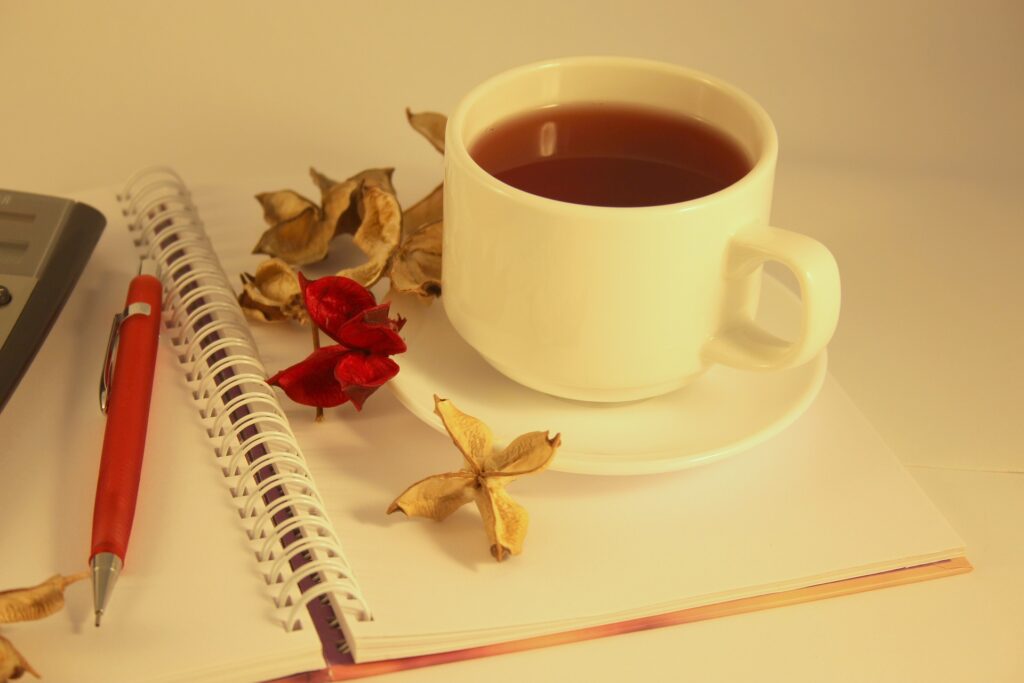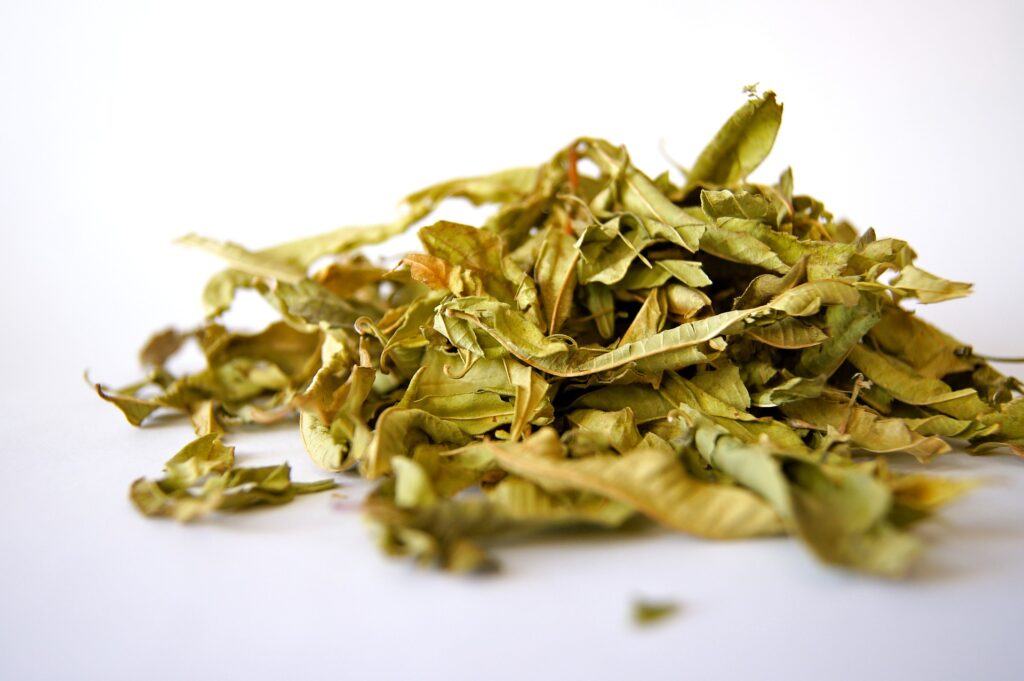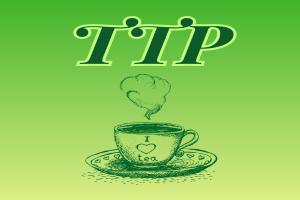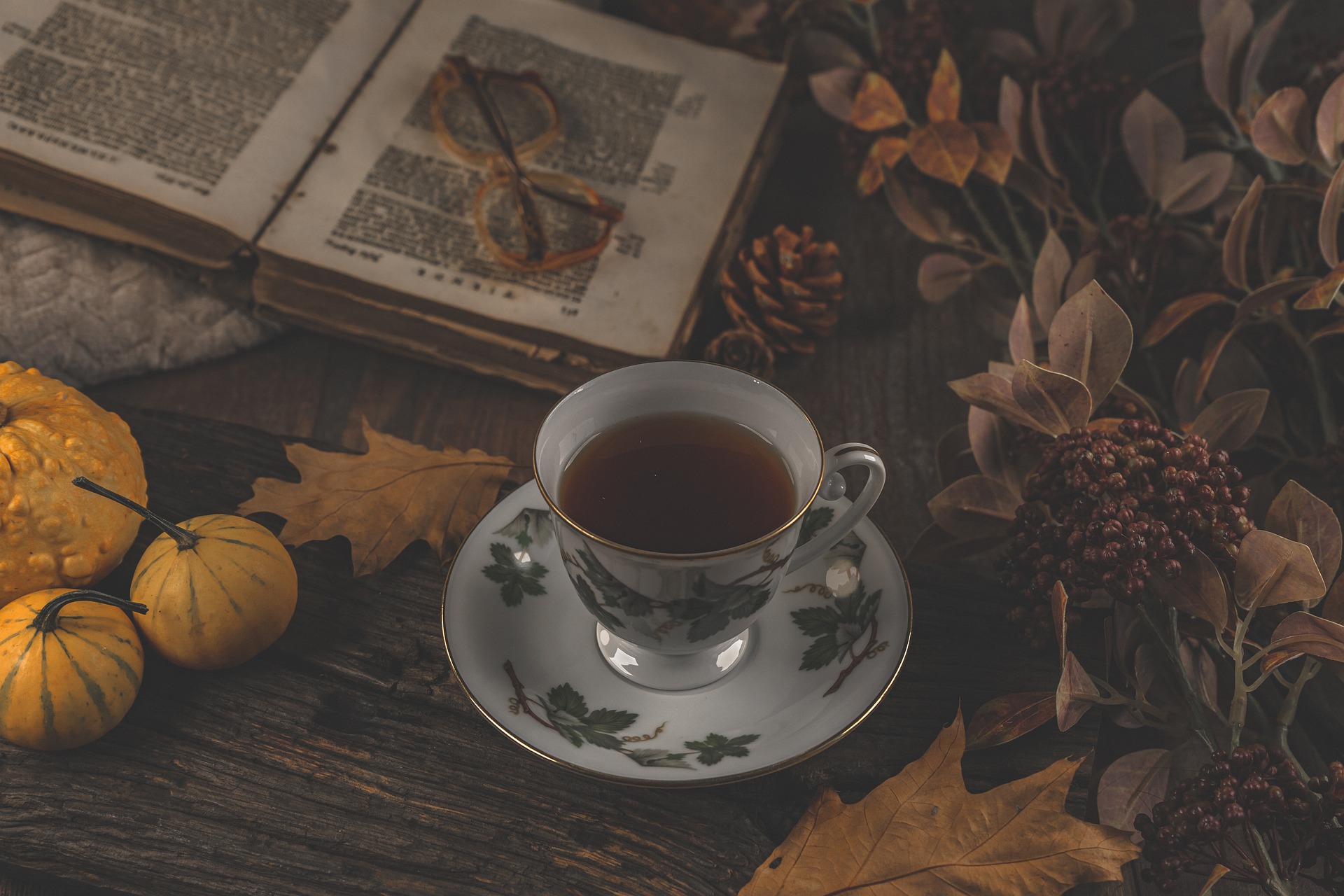In a world where caffeine often reigns supreme, tea lovers seeking a robust pick-me-up are turning to high caffeine tea. Embracing both tradition and innovation, these teas offer a potent yet nuanced alternative to coffee. Let’s delve into the realm of high caffeine teas, exploring their varieties, benefits, and brewing techniques.
Table of Contents

1. Exploring High Caffeine Tea Varieties
From matcha to yerba mate, caffeine teas span a diverse spectrum. Each variety brings its own unique flavor profile and caffeine kick. Green teas like matcha offer a smooth, sustained energy boost, while yerba mate boasts a bold, earthy flavor. Pu-erh tea, with its fermented richness, also stands out as a potent option for caffeine enthusiasts.
2. Understanding the Caffeine Content
High caffeine tea pack a punch, but just how much caffeine are we talking about? Understanding the caffeine content is crucial for those seeking a specific energy level. While coffee typically leads the caffeine race, teas like matcha and yerba mate offer comparable levels, providing an energizing jolt without the coffee crash.
3. Benefits Beyond Energy
Beyond their caffeine content, heightened caffeine teas offer a plethora of health benefits. Antioxidants in teas like matcha and green tea promote overall wellness, while the amino acid L-theanine fosters a calm focus, counteracting caffeine jitters. Additionally, the ritual of tea drinking itself can be a mindful practice, promoting relaxation and stress relief.
4. Brewing the Perfect Cup
Achieving the perfect brew is an art form, especially when it comes to hefty caffeine teas. Optimal water temperature, steeping time, and tea-to-water ratio all play a crucial role. For matcha, whisking technique is key, while yerba mate requires a special gourd and bombilla. Experimentation is encouraged to find the ideal balance of flavor and caffeine potency.

5. Caffeine Content in Camellia Sinensis
Camellia Sinensis, the plant from which green tea, black tea, white tea, and oolong tea are derived, does contain caffeine. However, the caffeine content can vary depending on factors such as the type of tea, brewing method, and steeping time. Generally, black tea tends to have the highest caffeine content among the different types of tea, followed by oolong tea, green tea, and white tea.
6. Caffeine Tea and Mental Clarity
Beyond simply waking us up, high caffeine teas can enhance mental clarity and focus. The combination of caffeine and L-theanine promotes a state of alert relaxation, sharpening cognitive function without the jittery side effects often associated with coffee. This makes caffeine teas an excellent choice for those seeking sustained productivity throughout the day.
7. Exploring Flavor Profiles
One of the joys of Heedful caffeine teas lies in their diverse flavor profiles. From the grassy sweetness of matcha to the smoky richness of pu-erh, each tea offers a unique sensory experience. Exploring these flavors can be a delightful journey for tea enthusiasts, with each cup revealing new depths of taste and aroma. Camellia Sinensis is also a valid source of Caffeine
8. Incorporating High Caffeine Tea into Daily Rituals
Integrating high caffeine teas into daily rituals can enhance both productivity and relaxation. Whether enjoyed as a morning pick-me-up or an afternoon indulgence, these teas provide a moment of mindfulness in an otherwise hectic day. Brewing a cup becomes more than just a routine; it becomes a cherished ritual of self-care and rejuvenation.

9. Is High Caffeine Tea a Sustainable Choice?
Beyond their personal benefits, caffeine teas offer a sustainable choice for conscientious consumers. Tea cultivation is often more environmentally friendly than coffee production, requiring less water and producing fewer carbon emissions. By opting for caffeine teas, individuals can support sustainable agriculture practices while enjoying a delicious, energizing beverage.
Conclusion:
High caffeine tea represent a vibrant fusion of tradition, flavor, and functionality. From the bold kick of yerba mate to the delicate complexity of matcha, these teas offer a world of exploration for caffeine enthusiasts. Whether seeking a morning boost or a midday mental reset, high caffeine teas provide a satisfying solution for both body and mind.
FAQs:
Q1: Is high-caffeine tea safe to consume daily?
A: When consumed in moderation, high caffeine teas can be enjoyed as part of a balanced lifestyle. However, individuals sensitive to caffeine should exercise caution and monitor their intake accordingly.
Q2: How does high caffeine tea compare to coffee in terms of caffeine content?
A: While coffee typically contains more caffeine per serving, high caffeine tea like matcha and yerba mate offer comparable levels, providing a stimulating alternative for those looking to reduce their coffee intake.
Q3: Can high caffeine tea be enjoyed cold?
A: Absolutely! High caffeine tea can be brewed hot and then chilled for a refreshing iced beverage. Matcha lattes and cold yerba mate infusions are popular choices for a cool caffeine fix.

